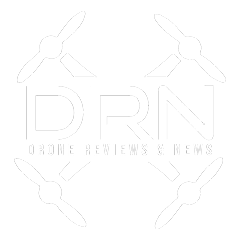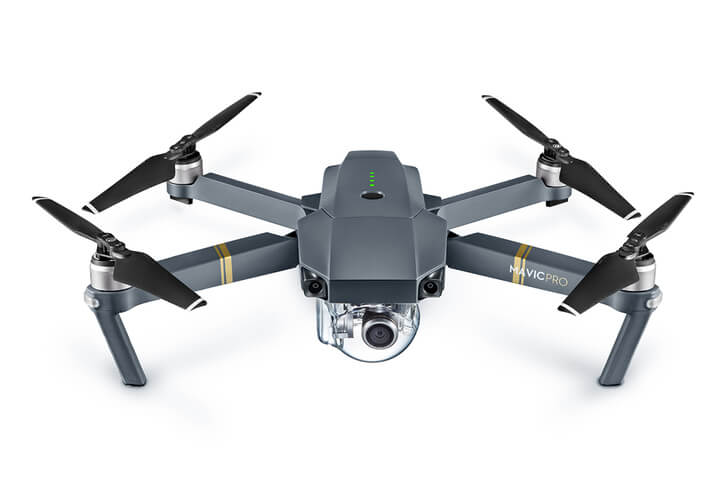Canada has been simultaneously tweaking the rules governing the safe operaiton of drones, while at the same time consulting with stakeholders on what the final governance model should look like.
Transport Minister Marc Garneau unveiled the finalized rules today, most of which are an extension of those already in place. Other changes are new, and based on comment from drone operators in the forums, sensible and manageable. Full details of the new Canadian drone rules can be found at the Transport Canada website here and they take effect June 1, 2019.
Until then, the existing rules remain in effect.
Here’s a summarized review of the new rules:
Drone pilots must follow the rules in teh Canadian Aviation Regulations (CARs), specifically Part IX – Remotely Piloted Aircraft Systems. Transport Canada (TC) indicates that all operators should read these regulations before flying for the first time.
Drone pilots must carry a valid drone pilot certificate and only fly drones that are marked and registered.
All other laws must be respected, meaning acts covered by the Criminal Code, trespass, privacy, etc.
Transport Canada provides two sets of rules. Those who conduct ‘Basic Operations must meet all of the following 3 conditions:
- Fly only in uncontrolled airspace
- Fly more than 30 meters (100 feet) from bystanders
- Never fly over bystanders
To fly under Basic Operations you must:
- Register your drone with Transport Canada before flying for the first time
- Mark your drone with its registration number
- Pass the Small Basic Exam
- Be able to show your Pilot Certificate – Basic Operations and proof of registration when you fly
If you do not meet any one of the 3 conditions above you are considered to be conducting an Advanced Operation.
Flying under Advanced Operations means you are doing any 1 of the following:
- You want to fly in controlled airspace
- You want to fly over bystanders
- You want to fly within 30 meters (100 feet) of bystanders (measured horizontally).
For Advanced Operations, you must:
- Register your drone wiht Transport Canada before flying for the first time
- Mark your drone with its registration number
- Pass the Small Advanced Exam
- Pass a flight review with a flight reviewer
- Be able to show your Pilot Certificate – Advanced Operations and proof of registration when you fly your drone
- Fly within the operation limits of your drone
Operators who have a Pilot Certificate – Advanced Operations do not require a Pilot Certificate – Basic Operations to conduct basic operations.
The new drone regulations apply to all unmanned aircraft between 250grams and 25 kilograms, which pretty much captures all recreational drones.
For the most part. the new regulations strike a fair balance between imposing an education and compliance regime while at the same time achieving reasonableness for what is largely a recreational activity.
Costs for either the Basic Pilot Certification or the Advanced Pilot Certification are reasonable, coming in at $10 and $25 respectively.
Each drone registration costs $5, in line with FAA registration in the US.
New additions to the drone rules include:
- You can’t pilot a drone while under the influence of drugs or alcohol, or within 12 hours of consuming alcohol;
- You must be over 14 years of age to apply for basic registered ownership and pass a test to become a certified pilot;
- Drones cannot fly higher than 122 metres above ground level, or 30 metres above a building or structure;
- Special certification is needed if you want to transport weapons or explosives;
- You can’t transport living creatures on your drone; and
- Unless a certified first responder, drones cannot fly over or near an emergency scene.
Drone manufacturer DJI of China, the dominant player in both recreational and commercial drones, welcomed the modernized rules “as a measured approach ensuring that Canada remains open to safe and responsible use of drones.”
“The regulatory framework published strikes a sensible balance between protecting public safety and bringing the benefits of drone technology to Canadian businesses and the public at large,” said Brendan Schulman, Vice President of Policy & Legal Affairs at DJI. “The vast majority of drone pilots fly safely and responsibly, and governments, aviation authorities and drone manufacturers agree we need to work together to ensure that all drone pilots know basic safety rules.”
Have an opinion on the new drone rules in Canada? Let us know in the comments below.



